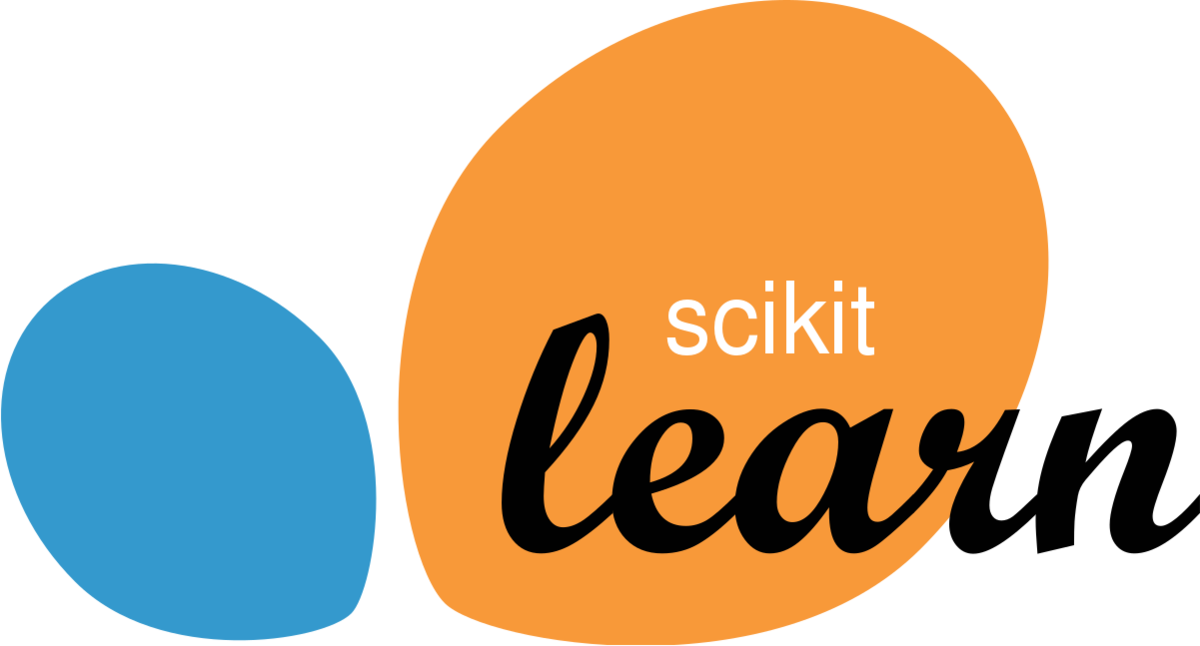
Hello, Norbert Preining and Hiro Kobashi from Fujitsu Laboratories Ltd., Artificial Intelligence Laboratory here. From February 8th to 10th, the Scikit-learn Consortium-organized Workshop (on Interpretability) and DevSprint was held online.
Please refer to the link below for the rest of the article. blog-en.fltech.dev